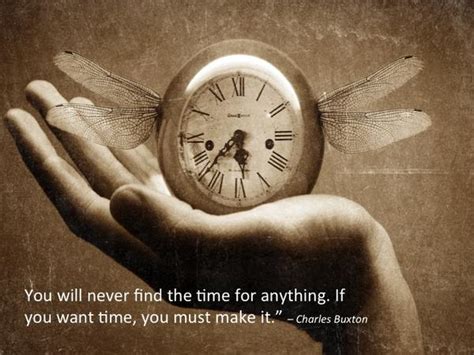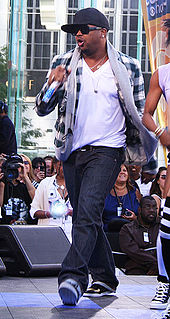A Quote by Brennan Manning
The conversation of most middle-class Americans, we are told, revolves around consumption: what to buy, what was just bought, where to eat, the price of the neighbor's house, what's on sale this week, our clothes or someone else's, the best car on the market this year, where to spend a vacation. Apparently we can't stop eating, shopping, or consuming. Success is measured not in terms of love, wisdom, and maturity but by the size of one's pile of possessions.
Quote Topics
Apparently
Around
Best
Bought
Buy
Car
Class
Clothes
Consuming
Consumption
Conversation
Eat
Eating
Else
House
Just
Love
Market
Maturity
Measured
Middle
Most
Neighbor
Our
Pile
Possessions
Price
Revolves
Sale
Shopping
Size
Someone
Spend
Stop
Success
Success Is
Success Is Measured
Terms
Vacation
Week
Wisdom
Year
Related Quotes
Failure means that you would not, or could not, pay for success. Success is a matter of sale. It can (most often) be bought by a large outlay--of hard forethought--of pains--of steadiness--of the golden wisdom coined from experience. But the figure is too high for most of us. We are too poor, or too slothful, to bring the price.
When everything that matters can be bought and sold, when commitments can be broken because they are no longer to our advantage, when shopping becomes salvation and advertising slogans become our litany, when our worth is measured by how much we earn and spend, then the market is destroying the very virtues on which in the long run it depends.
Don't be overwhelmed by a man's fancy car, fancy house or fancy clothes. It's really the person inside the care, house and clothes that matters. By the same token, don't be underwhelmed by a less-than-fancy car, house or clohtes. Women can earn the car and house themselves, and you can always buy your man nice clothes, too.
It's important to save your money. We need it for the long haul but too many Americans don't save and don't invest. It used to be that people would be proud of the fact that they were middle class. You'd have your church and buy a house and you had a car and everything else. Now, it's really, really tough. Everybody has financial issues except for the one percent.
The Good Lord in his infinite wisdom, did not create us all equal when it comes to size, strength, appearance, or various aptitudes. But success is not being better than someone else, success is the peace of mind that is a direct result of self-satisfacti on in knowing that you gave your best effort to become the best of which you are capable.
Many social critics wag their fingers at what they perceive to be frivolous luxury spending. But that misses the point that consumption norms are local. It's not just the rich who spend more when they get more money. Everyone else does, too. The mansions of the rich may seem over the top to people in the middle, but the same could be said of middle-class houses as seen by most of the planet's seven billion people.
Every twenty minutes on the Appalachian Trail, Katz and I walked farther than the average American walks in a week. For 93 percent of all trips outside the home, for whatever distance or whatever purpose, Americans now get in a car. On average the total walking of an American these days - that's walking of all types: from car to office, from office to car, around the supermarket and shopping malls - adds up to 1.4 miles a week, barely 350 yards a day.



































